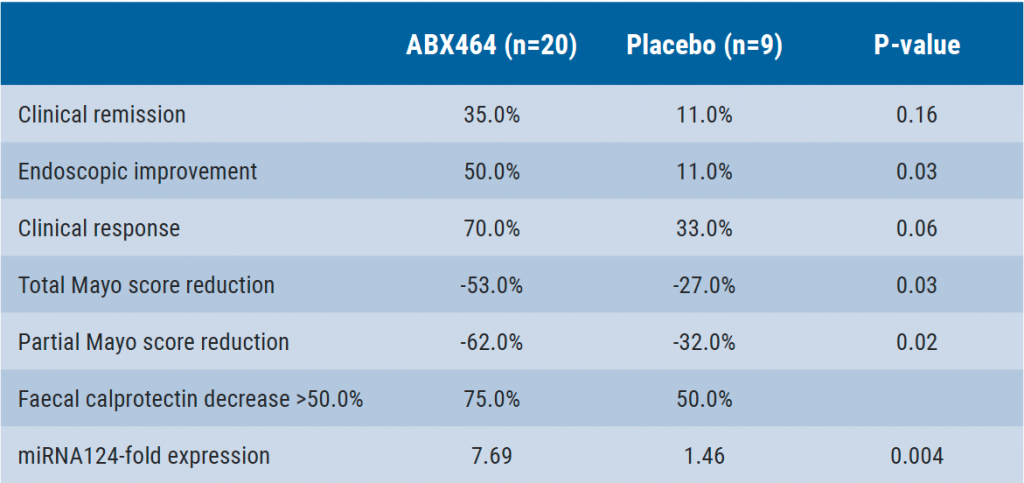The Royal Bournemouth Hospital in the United Kingdom looked at the consequences of discontinuing thiopurine and found that 28 of 72 patients (38.8%) relapsed: 17 patients with ulcerative colitis (60.7%) and 11 with Crohn’s disease (39.3%) [1]. Of these, 79.4% relapsed within 3 years. Reassuringly, 71.5% achieved remission on re-starting AZA/methotrexate/mesalazine. Interestingly, 3 of their patients were identified to be in remission with faecal calprotectin but had mild inflammation on endoscopy; these 3 patients subsequently relapsed. This may suggest the need to establish remission endoscopically rather than using faecal calprotectin alone.
1. Radhakrishnan P, et al. ECCO 2019, P667.
Posted on
Previous Article
« Glycans as novel immunomodulators in inflammatory bowel disease Next Article
Proactive adalimumab trough measurements »
« Glycans as novel immunomodulators in inflammatory bowel disease Next Article
Proactive adalimumab trough measurements »
Table of Contents: ECCO 2019
Featured articles
Interview with Prof. Janneke van der Woude
New Compounds: Study Results
Short-term and Long-term Treatment Results
The right drug for the right patient
Vedolizumab superior to adalimumab in ulcerative colitis
Complementary and Alternative Medicine
Crohn’s disease exclusion diet + partial enteral nutrition in paediatric Crohn’s disease
Microbial composition and psychological wellbeing
Remission
Early remission of Crohn’s disease prevents progression
Proactive adalimumab trough measurements
Observational Studies
IBD risk of treatment with IL-17 antagonists
Basic and Preclinical Research
Immune cells and microbes: a happy marriage?
Genetics
Related Articles

May 9, 2019
ABX464: HIV drug tested in ulcerative colitis
May 9, 2019
The right drug for the right patient
© 2024 Medicom Medical Publishers. All rights reserved. Terms and Conditions | Privacy Policy

